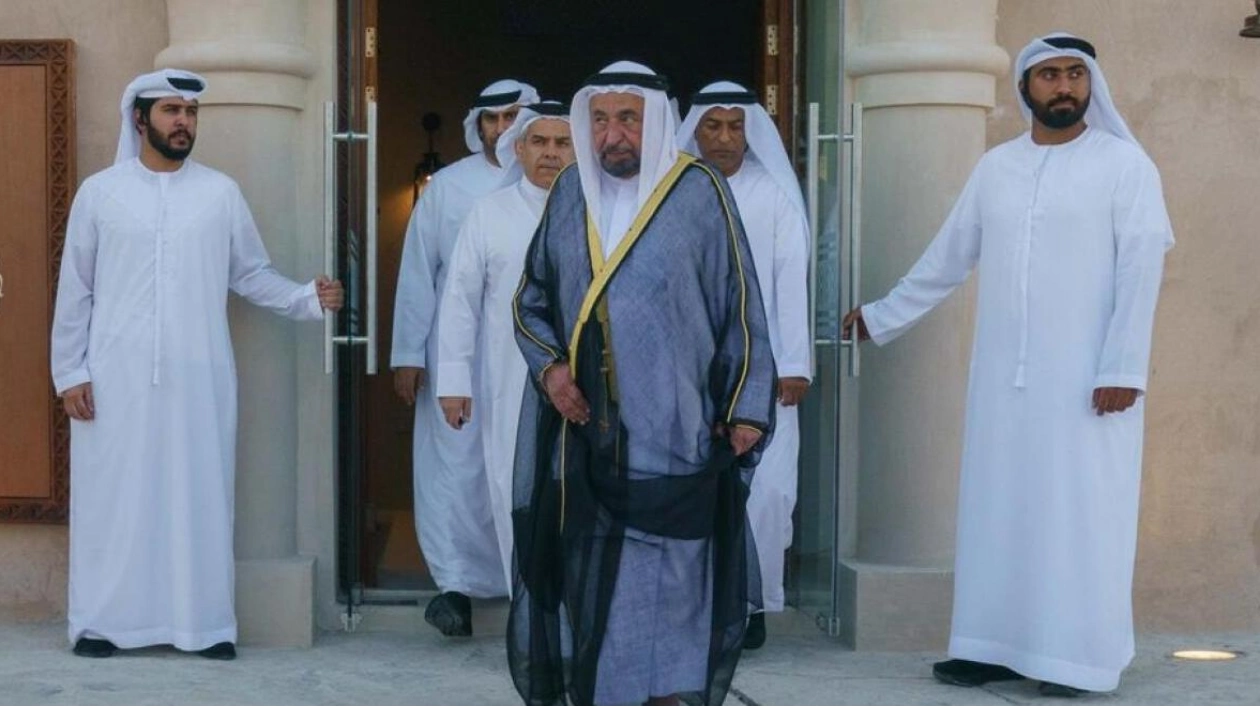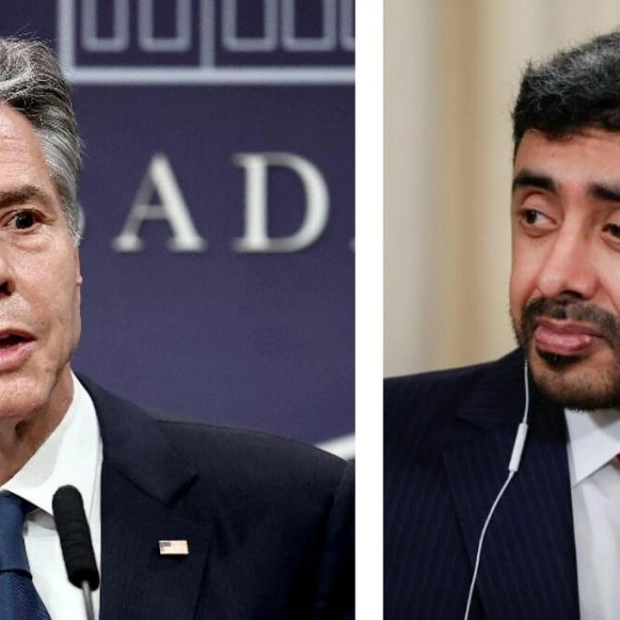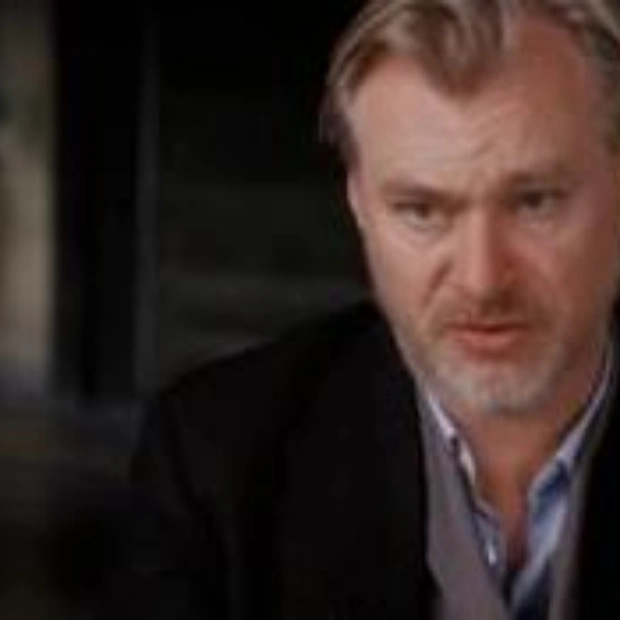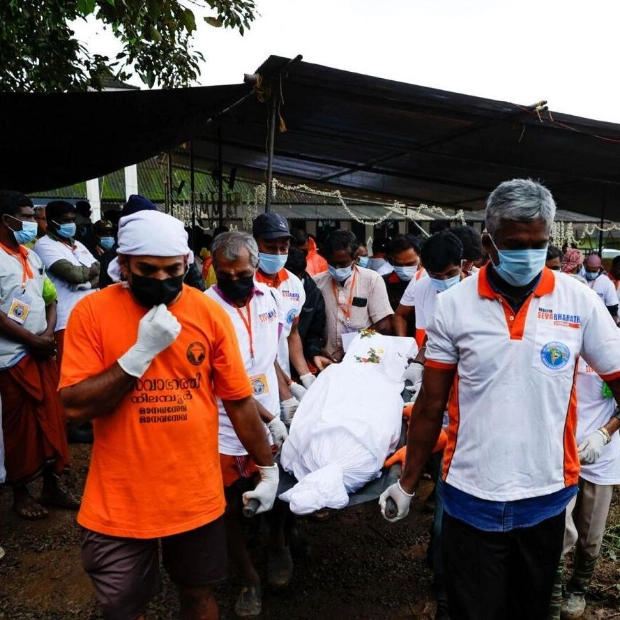Sharjah Ruler has revealed a plan to improve nursery facilities within the emirates. The initiative involves the creation of 8 new nurseries, distributed as 3 in Sharjah, 2 in Kalba, 2 in Khorfakkan, and 1 in Dibba Al Hisn. Moreover, there will be an expansion of existing nurseries in the Central Region.
Furthermore, the current 11 nurseries within schools will be replaced, and central kitchens will be established in each region to prepare healthy meals for the children in the nurseries. During a phone call on the "Direct Line" programme aired on Sharjah Radio, Dr Sheikh Sultan bin Muhammad Al Qasimi, Supreme Council Member and Ruler of Sharjah, emphasized the affordability of government nurseries with fees at just Dh800 per month, offering exceptional services. Despite having established over 33 nurseries in Sharjah, the demand continues to grow. Observing the need, one nursery has been built in Kalba to meet the required standards.
Efforts have also been made to reinstate the school nurseries that had previously ceased operations, with the newly built nurseries able to accommodate 155 children compared to the previous 33. Plans are in place to introduce two new nurseries in Kalba within a timeframe of 10 months. Dr Sheikh Sultan assured the residents of Kalba that they can anticipate the new nurseries soon.
Concerning children's nutrition in the nurseries, Dr Sheikh Sultan highlighted the prohibition of unhealthy snacks brought from home and emphasized the provision of nutritious meals prepared in central kitchens suitable for each child's age. The rule strictly prohibits outside food to ensure the well-being of all children.
In addition, new nurseries will be built in Khorfakkan, Al Harai, and Al Bredi areas, with a central kitchen to cater to the children's meals. In Dibba Al Hisn, where there is an existing nursery, plans are underway for another nursery to be built.
In the Central Region, smaller nursery buildings operating at full capacity will be extended, and a central kitchen in Mleiha will distribute food to nurseries in Al Dhaid and Al Madam. In the Al Hamriyah area, there is a nursery with 40% vacancy.
The focus on the children's well-being is evident in these nurseries, with specialists in early education and learning ensuring an optimal environment for sleep, play, and educational engagement. Dr Sheikh Sultan stressed the importance of this stage in laying a strong foundation before progressing to higher education. Furthermore, he mentioned the graduation of 535 teachers at the second commencement ceremony of the Sharjah Education Academy, celebrating their completion of postgraduate diploma programmes, Master's in Teacher Leadership, and specialised certificate programmes in early childhood education.
The graduates received their degrees from the University of Helsinki in Finland, showcasing their dedication to advancing the teaching profession. Dr Sheikh Sultan expressed the broader goal of benefitting not only Sharjah but the entire United Arab Emirates by elevating the teaching standards and urged the Ministry of Education to prioritize the assessment of teachers based on knowledge and teaching methods before employment.






